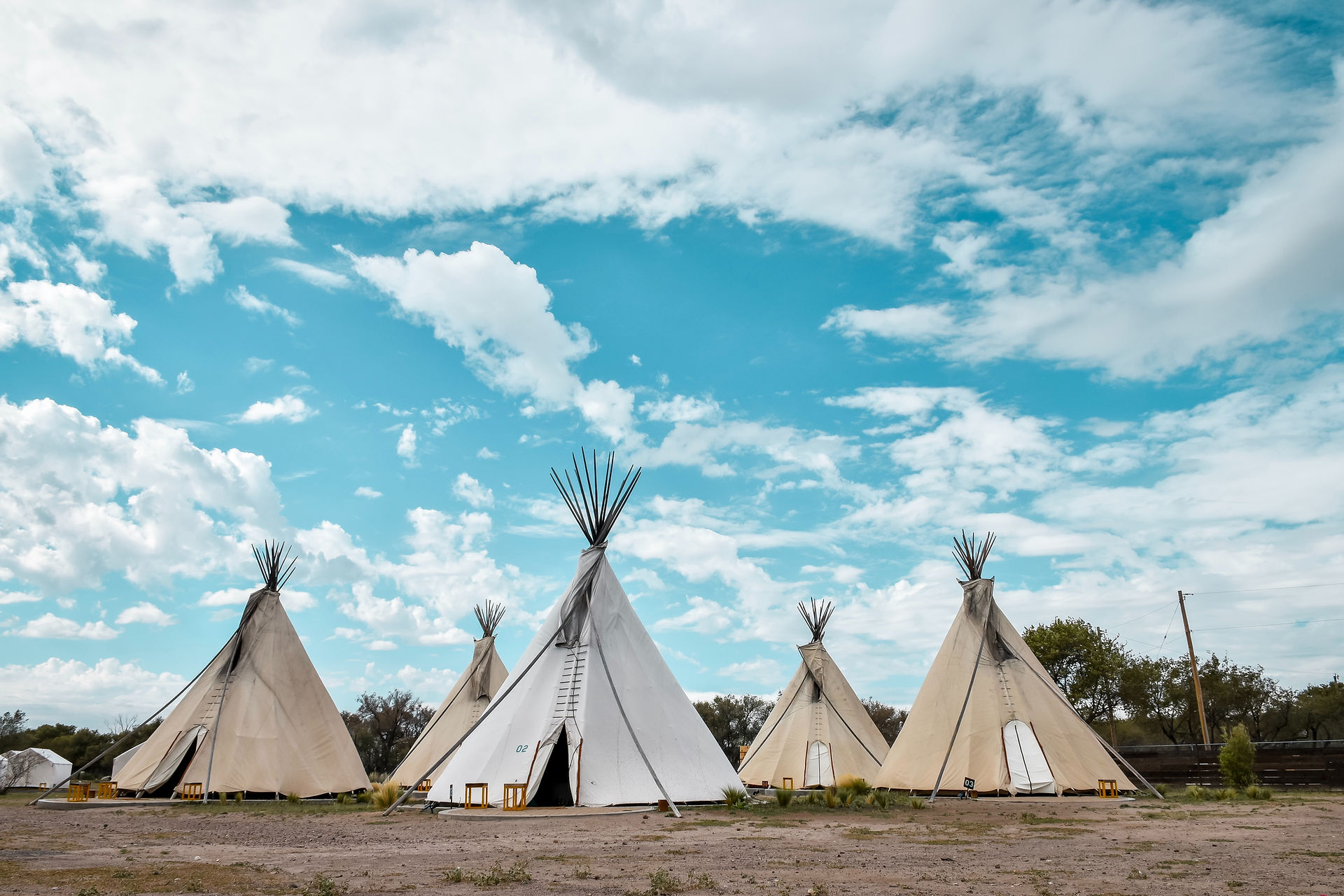
Misconception:
“Why do you support something that hurts Native Americans?”
The opposition suggest Native American imagery is hurtful and quote a limited study we review below from Stephanie Fryberg in 2008, stating that celebrating Native Americans culture and imagery reminds Natives of the limited ways others see them, and limits the way they can see themselves. “Why do you support something that hurts Native Americans?”
We think Stephanie Fryberg needs to be introduced to the internet. There are massive groups of Native Americans that yearn for their imagery, share it with the general public and are inherently proud of their heritage.
Native Americans use imagery to further cement lessons learned from elders, and wisdom passed down from prior generations.
Pride in our culture does nothing to hurt Native Americans. In fact, raising and reclaiming our names and imagery does more to heal our communities.
It is utterly remarkable that Fryberg, with all her degrees in academia, can be so wrong. She 1) believes Native American imagery is singular in how Native Americans are portrayed and 2) believes that iconic Native American imagery self-limits how Natives view themselves.
This is the study and argument presented by the opposition. And when simply broken down, the solution suggested is to eradicate Native American imagery and names because Native Americans suffer (as shown thru her study).
Yet two independent studies in 2004 and 2016 both confirm 90% of Native Americans revere their imagery culture and names.
What Fryberg doesn’t consider is the resulting discontent that results when we eradicate the imagery held dear by Native Americans. We literally see this war of words and hateful division every day. All because Stephanie Fryberg said so and her study was used to push the divisive actions.
Excerpts from Andre Billeaudeaux’s study:
“Organizations who have had a proud Native theme, only to have it callously taken away, are left with a wound that NEVER heals. Communities fall victim to self-hate and conflict.”
“People are very polarized... It's either, 'you're a racist and a bigot because you don't want the name changed,' or 'you hate America and you hate our history, because you do want it changed.’”
Her study is utterly ridiculous & defies logic. Her study insults Native Americans’ intelligence and pigeonholes Native Americans into one category: the way Fryberg tested her hypothesis and conducted her limited, unscientific study.
To School Board Members who have been presented Fryberg's study as the basis of the NCAI position, please visit: https://www.nagaeducation.org/school-board-members
Do we need to go thru her unscientific study line by line?
####
Of Warrior Chiefs and Indian Princesses: The Psychological Consequences of American Indian Mascots
Stephanie A. Fryberg, published 6/16/2010
Four studies examined the consequences of American Indian mascots and other prevalent representations of American Indians on aspects of the self-concept for American Indian students.
When exposed to Chief Wahoo, Chief Illiniwek, Pocahontas, or other common American Indian images, American Indian students generated positive associations (Study 1, high school) but reported depressed state self-esteem (Study 2, high school), and community worth (Study 3, high school), and fewer achievement-related possible selves (Study 4, college).
We suggest that American Indian mascots are harmful because they remind American Indians of the limited ways others see them and, in this way, constrain how they can see themselves.”
There is only one conclusion Fryberg has come to: Yes, Native Americans may like their imagery, have no problem with it, but aren’t intelligent enough to know that it’s hurting Native Americans (because her study says so).
One Arizona subset:
-
American Indian high school students residing on an Indian reservation in Arizona participated.
-
Fully admits to only 48 selected individuals sampling girls almost 2:1, 30 girls, 18 boys; M age 1⁄4 15.7, SD 1⁄4 1.35)
-
Completely unscientific study, reminiscent of her unscientific surveying techniques represented in the Berkley study.
-
Whomever is relying on this study is turning a blind eye to Native American opinion and embracing this utterly illogical, outdated brief.
http://www.indianmascots.com/fryberg--web-psychological_.pdf
Another study conducted by Andre Billeaudeaux reveals that students who experience a forced school name change suffer in this way: "Increased levels of stress, depression, anxiety, and a reduction in academic performance as well as even suicide, result."
####
